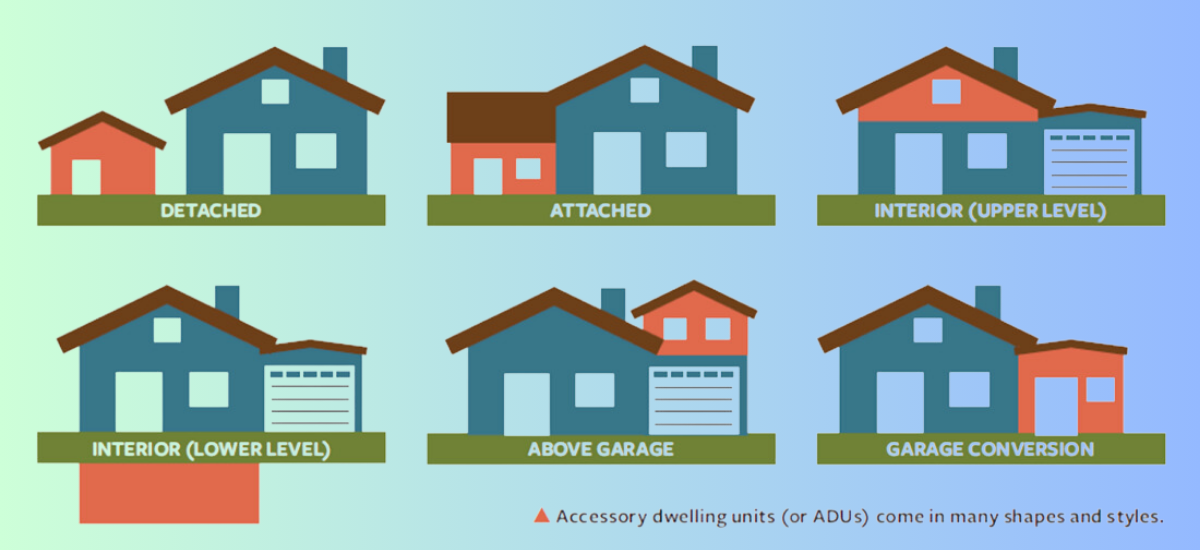Miami-Dade County is grappling with housing affordability issues, intensified by the influx of high-income remote workers and rising insurance rates. With limited space for expansion, the county has adopted measures to allow accessory dwelling units (ADUs) to be built within existing communities. In November 2022, county commissioners approved an ordinance permitting ADUs on lots of at least 5,000 square feet, with unit sizes ranging from 400 to 800 square feet. These units are subject to specific regulations, such as a minimum rental period of one month to avoid their use as vacation rentals, and matching setback and height requirements for primary structures.
The ordinance aims to provide additional income for homeowners, helping them offset rising costs and stay in their homes longer. It also offers housing options for adult children or elderly family members. While the introduction of ADUs won’t entirely resolve the housing crisis, it represents a significant step towards alleviating the burden. The county retains control over the ordinance and permitting process, allowing for adjustments to ensure neighborhood compatibility and adequate parking.
Overall, ADUs are part of a broader strategy to address housing affordability, alongside considerations for townhouses and multifamily homes near transit areas. Policymakers acknowledge the need for innovative and flexible housing solutions to meet the growing demand.





